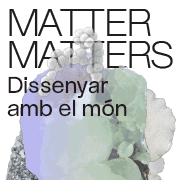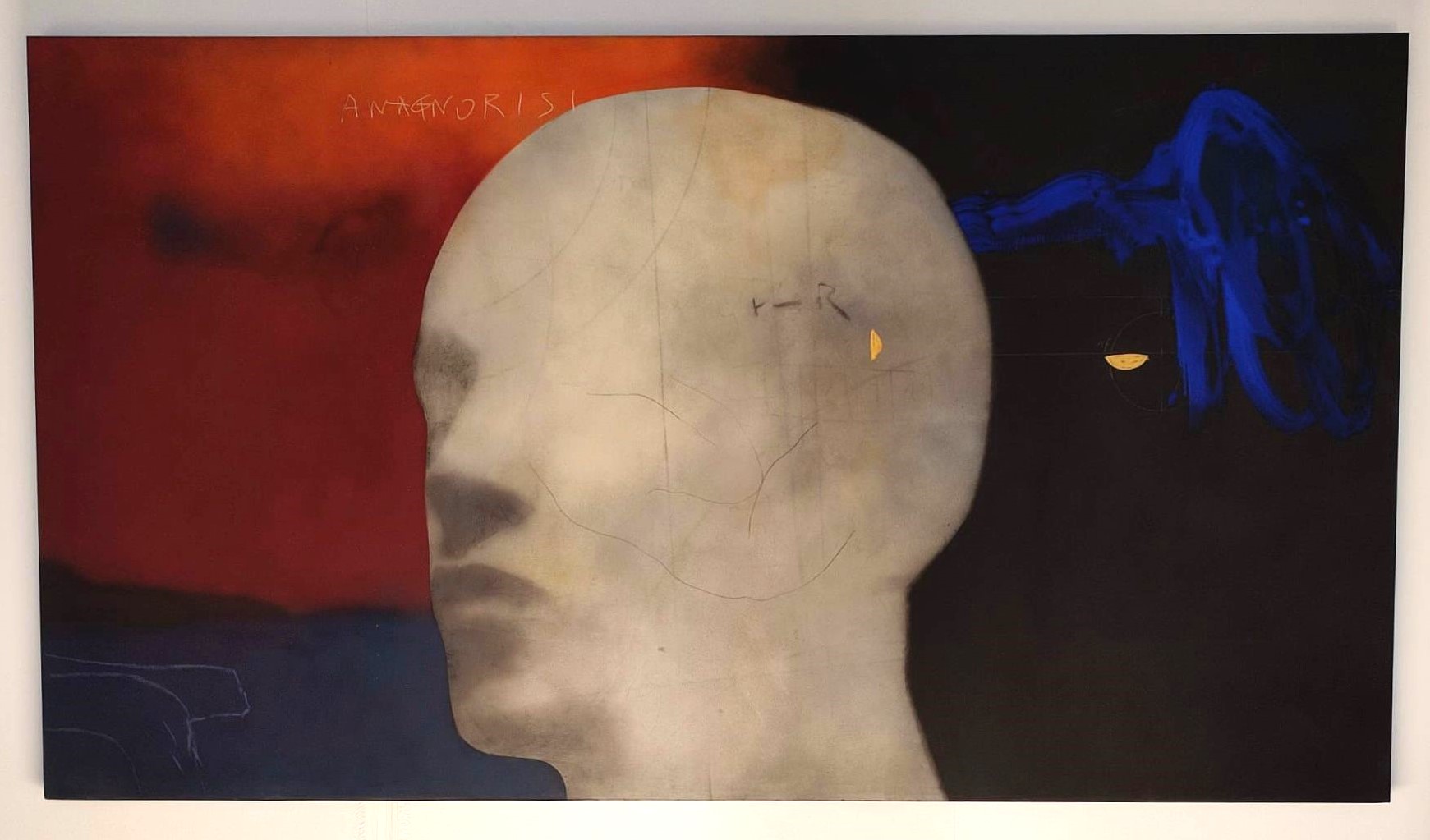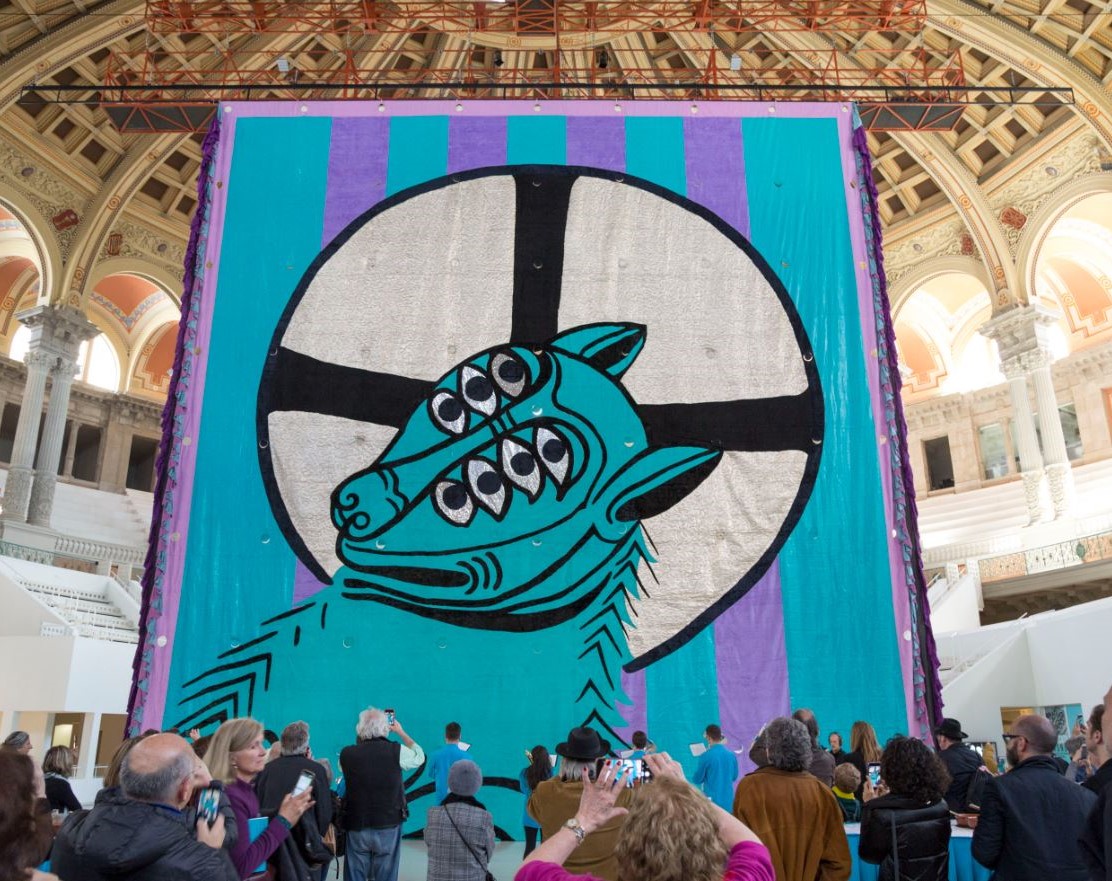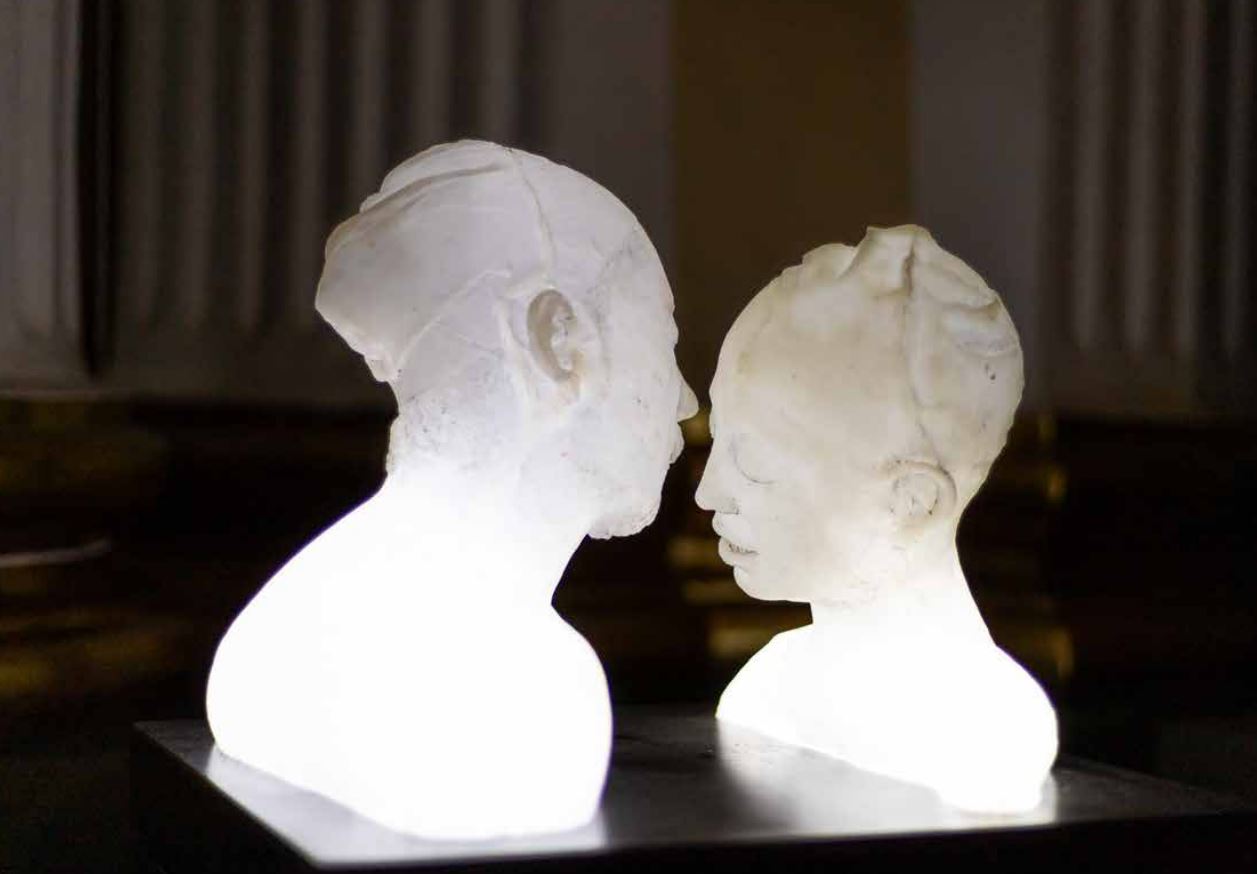Exhibitions
ADN Gallery: creative freedom, feminism and social criticism
From surrealism to the review of gender dynamics and social structures.
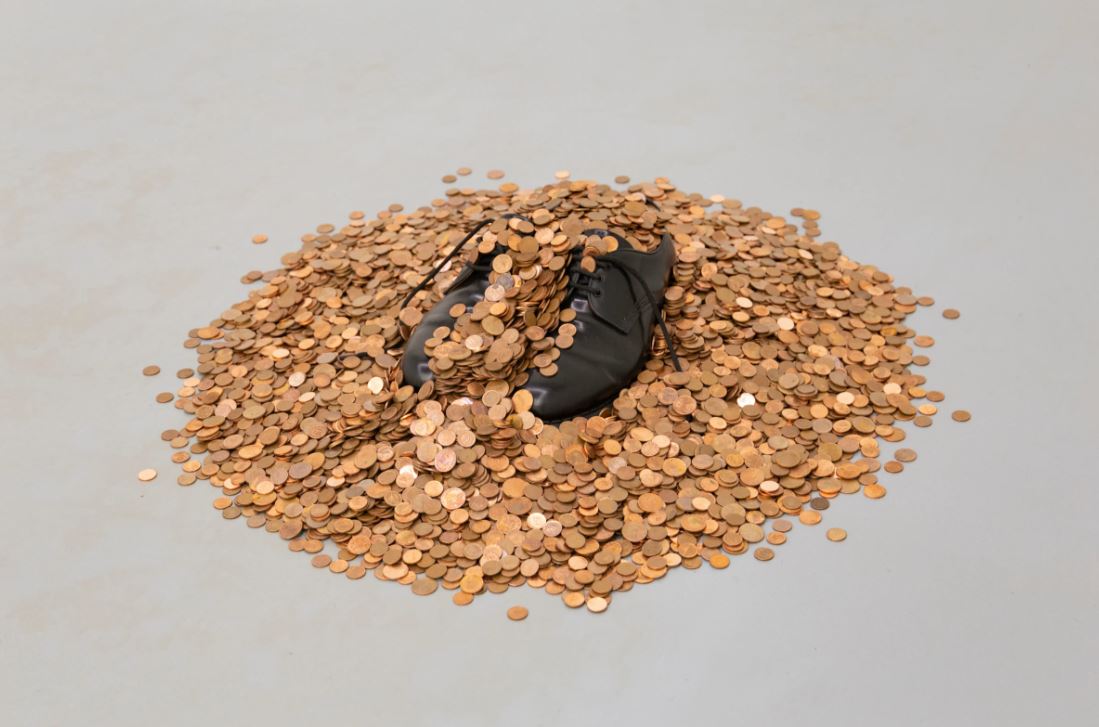
ADN Galeria presents three exhibitions that, from different perspectives, address universal themes: the creative freedom driven by surrealism and its redefinition of the limits between reality and dream; the representation of women in art and the media, with a vindication of the female gaze and the breakdown of visual stereotypes; and the social and economic structures that, often imperceptibly, condition and shape our day to day lives.
Superfictions 1924-2024: The existence lies Somewhere Else
A century after its beginnings, surrealism continues to be a force that resonates in current artistic practices, and this exhibition reminds us that this movement emerged not only as an aesthetic reaction, but as a response to the social and political catastrophes of its time, opening a space of creative freedom that is still influential in contemporary culture.
In a context of global crisis, with the shadow of the First World War that profoundly disrupted society, surrealism emerged as a cry for liberation, in an attempt to go beyond the rationality that had led to tragedy. Its roots lie in a radical reconsideration of human consciousness, in a constant search for the unconscious and repressed desires, a process that overflowed the limits of art to permeate other areas of culture, from philosophy to politics.
On the occasion of the centenary of the Surrealist Manifesto, this exhibition brings together works by figures such as Salvador Dalí, Joan Miró, Marcel Duchamp, Man Ray and Carlos Pazos , accompanied by those of more contemporary creators such as Enric Farrés Duran, Alejandra Hernández, Kendell Geers and Rosa Tharrats . The set of works explore the fragile border between reality and dream, and speak to us of the desire to cross established borders, both in art and in society.
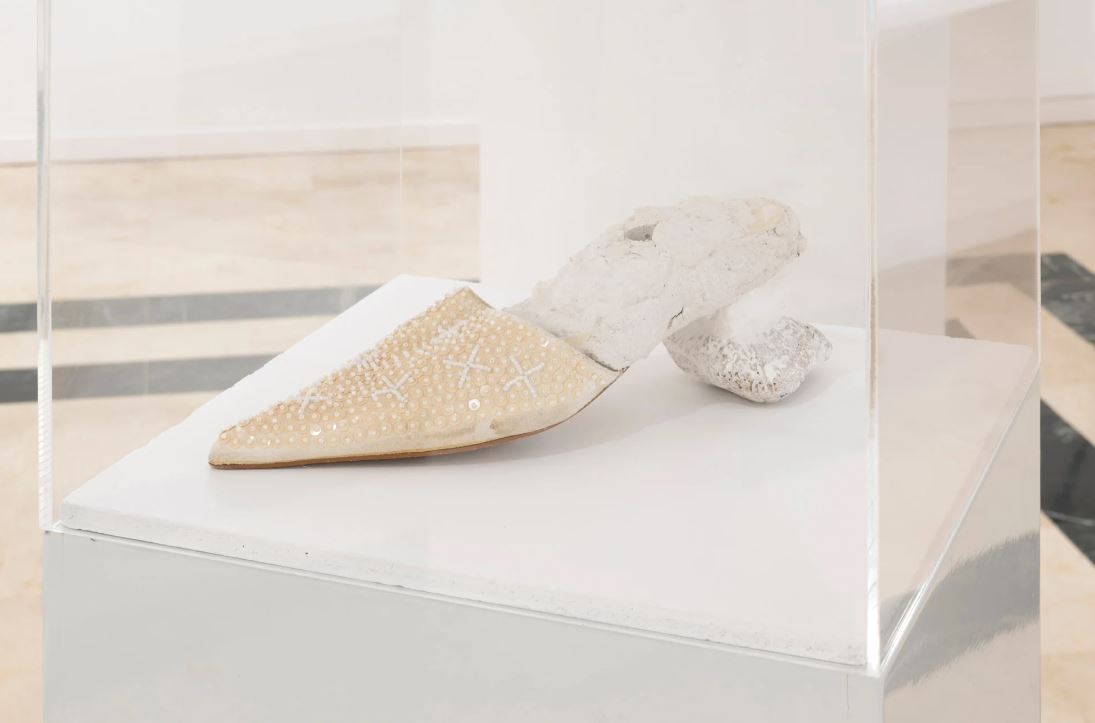
María María Acha-Kutscher: womankind
Through her photographic gaze, María María Acha-Kutscher (Lima, 1968) reexamines the social constructions surrounding women and their image. Her work is not just a visual story, but a space for research into the conventions, stereotypes and fictions that have historically marked the female role in society. The artist compiles images from diverse sources, from old books to magazines and digital archives, to create collages that resignify these visually established discourses.
María María Acha-Kutscher emphasizes the reinterpretation of a past and a present that have often been lacking in the feminine voice itself. Through her compositions, she recovers female figures who are not limited to traditionally accepted roles as model, mother or housewife, but are complete human beings, with their own stories and experiences, free from the distortion of stereotypes . 'Womankind' is a social critique and a proposal to reread history to validate the political struggles and intimate experiences of women, in order to reconstruct a more authentic and complex feminine memory.
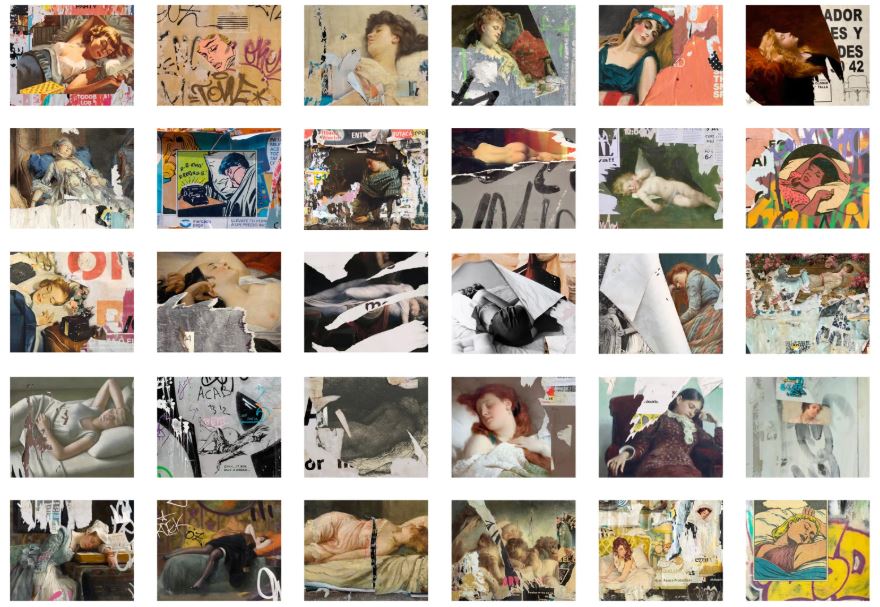
Fábio Colaço: YESTERDAY, TODAY, TOMORROW
Fábio Colaço (Lisbon, 1995) exhibits for the first time at the ADN gallery and does so by offering a critical reflection that reinterprets the dynamics of today's world. Through a symbolic recreation of the structure of a house, the Portuguese artist constructs a conceptual framework integrating images, objects and everyday elements.
His works, ironic and subversive, explore universal themes through allegories that challenge social and cultural structures. Colaço recontextualizes and questions fundamental concepts that we do not question, but that sustain our most ingrained structures, inviting us to rethink our perceptions of power, history and the role we occupy within a system that conditions us.
Each piece critically analyzes the collective social traumas of our time. This critique is accentuated by the recurring use of money as a raw material, shaped by the artist to give it new meanings and integrate it into a narrative that invites questioning.




